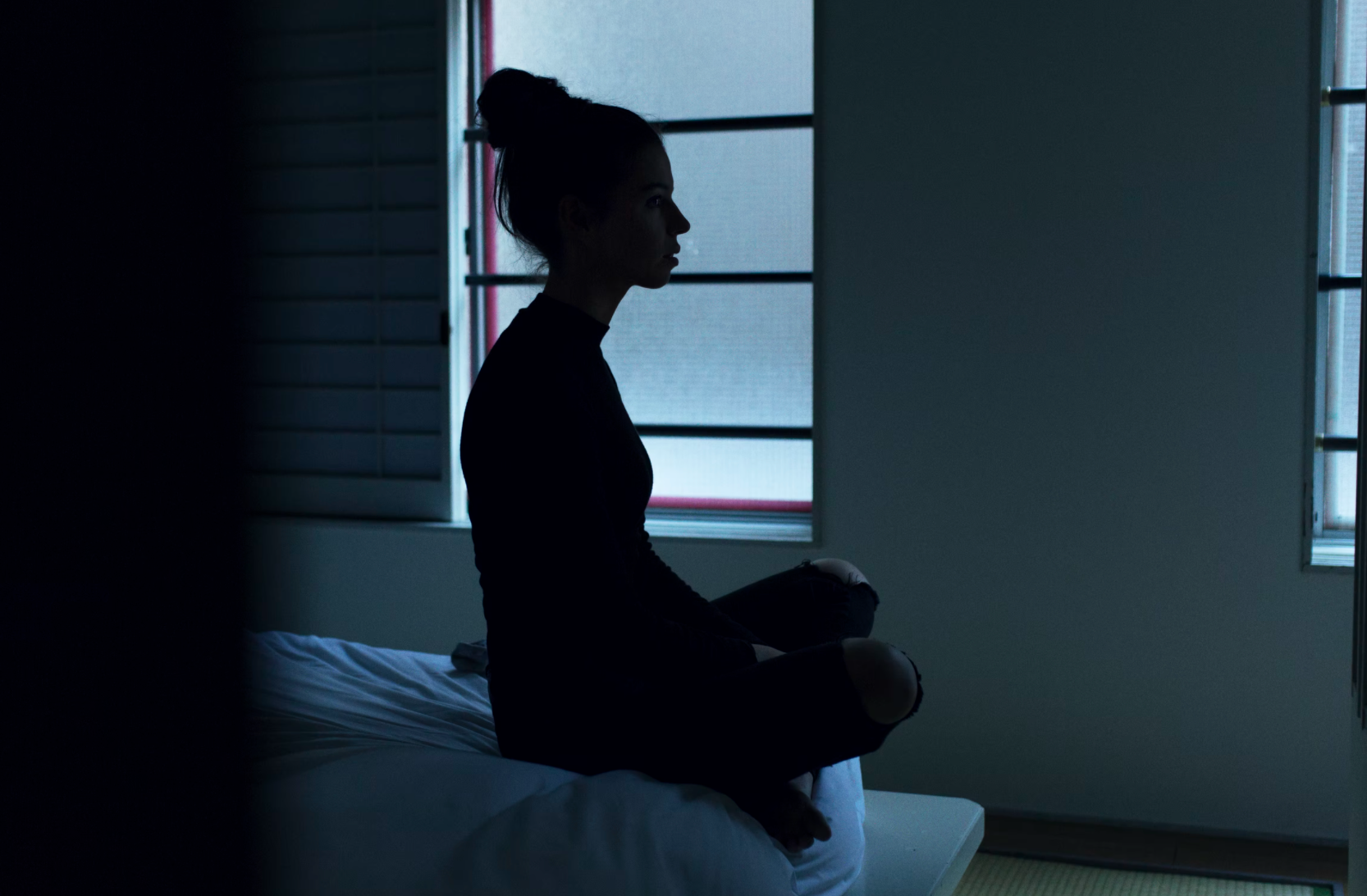- Opinion
- 13 Oct 22
How do other European countries treat mental health: "Ireland's current crisis is plunging people into distress"

Hot Press looks at the European nations leading the way in mental health care, and discovers that Ireland lags disconcertingly behind.
A recent report from the OECD ranked European countries by their standards of mental health care, with Sweden, Germany and Finland securing the top three slots. The highest score of any nation was 7.13/10, which leaves plenty of room for improvement even at the top.
Like the rest of the world, Europe still has huge ground to make up, when it comes to targeting mental health care structurally and societally. There remains massive stigma, barriers to accessing care for people of marginalised backgrounds and lower income brackets, and environmental factors – including the disproportionate impact on some of the cost of living crisis and the climate catastrophe alike.
Covid has exposed the worrying fragility of individual and EU-wide healthcare systems, in terms of both physical and mental health. Depression is currently the leading cause of disability globally, yet many countries still aren’t actively prioritising mental health care, instead treating it instead as a luxury.
Depressingly long waiting lists, lack of access to therapy, poverty, a lack of in-patient beds and facilities, as well as discrimination, are just some of the issues. Four out of five people with mental illness don’t receive treatment because of their income.
Recent research undertaken by William Russell examines work–life balance, government healthcare spending, green spaces, weather conditions and more factors, to determine the countries that best promote psychological wellbeing. When we look at Sweden’s relative success in dealing with mental health, the Nordic nation also ranks high for the percentage of green space: it boasts lush coniferous forests that take up the majority of its land, providing an advantageous environment for relaxation and mental ease. The country also scores highly in terms of work-life balance, with only 1.1% of Swedes working very long hours.
The mental health ambulance in Stockholm was launched in 2015, becoming one of the more innovative solutions. The ambulance service was created in response to the country’s suicide figures: over 1,500 people in Sweden die by suicide each year, and more than 15,000 attempt it. The ambulance crew consists of two mental health professionals and one paramedic, and they provide a number of treatments on the spot to people who need them.

WIDER SOCIETAL PRESSURES
Nonetheless, inequalities persist. A lot of Swedish mental health treatment programmes – courses of cognitive behavioural therapy or ‘talking therapies’ like psychoanalysis and counselling – are not covered by the State system, meaning that people have to pay out of pocket.
Many people find it difficult to work while they are suffering from a mental illness; and without being in employment it can be impossible to pay the fees. A 2019 study by the Public Health Agency in Sweden showed that – as well as expats – people who are female, unemployed, earning below a reasonable income threshold, disabled, or LGBTQIA+, suffer more from these issues.
Germany works hard to remove the stigma from mental illnesses. It provides an extensive support network, and programmes to help integrate people with mental illnesses into society. As a result, the country ranks in the top 3 for government expenditure on mental health services.
Germans aren’t overworked either: the country also ranks in the top 5 for most time devoted to personal care and leisure. The German government provides financial support for patients, access to healthcare services, help finding or staying in work, outreach programmes and awareness campaigns.
It’s also required for all citizens and residents in Germany to have health insurance. 86% of people choose public health insurance, under which mental health care is covered. It makes sense: holistic, free and accessible overall healthcare clearly boosts mental health.
Other nations, like Luxembourg, focus on the Positive Education model, which “bridges the gap between the skills of wellbeing and the skills of achievement.” It teaches adolescents to discover their unique strengths for happiness and productivity rather than conforming.
Norway also trialled a “medication-free treatment” initiative in 2017 that provides psychiatric wards for people with mental illness who do not want to take psychiatric medication, or who want to taper off these meds. Bodily autonomy and choice for mentally ill people was prioritised in that resolution, though Norway’s record otherwise is patchy.
Treatment of mental health issues in any country has to be placed in the context of wider societal pressures. For example, what use is access to therapy if the country is too expensive to live in, causing massive financial stress? Access to safe medication is wonderful, but does that country have in-patient beds and psychiatric care? If not, it’s like putting a plaster over a gaping wound. Meanwhile, the failure to acknowledge “burnout” after the Covid lockdowns has proven deeply frustrating, given that a period of extended rest is crucial to prevent Long Covid and further fatigue.

POLITICAL DISCUSSION
A society that values leisure time, healthy green spaces, quality time with loved ones and the right to a living wage is by far the most likely to have happier citizens, but this is becoming harder to achieve in a capitalist world that prioritises exploitation of workers and natural resources over the health of the planet.
The Health at a Glance Report a few years ago noted that Ireland has one of the highest rates (3rd out of 36 countries) of mental illness in Europe. And yet, mental health is strangely absent from political discourse in Ireland – despite Ursula von der Leyen recently announcing a new initiative on mental health in Europe.
As we feed off daily articles on the housing crisis, climate catastrophe, pandemics, energy shortages and increasing inflation, we cannot ignore the human cost of economic adversity and the mental health impact of the cost of living crisis. Over 40 per cent of the population experience mental health difficulties (anxiety, bipolar disorder, depression, or alcohol/drug use) and one-in-10 people report a history of attempted suicide.
Ireland’s current crises will likely plunge many more people into a state of psychological distress. Things need to change, whether that’s Ireland taking a leaf out of Sweden’s book or starting from scratch.
Read the full mental health special in our latest issue of Hot Press, starring The Coronas.
RELATED

- Opinion
- 16 Dec 25
The Irish language's rising profile: More than the cúpla focal?

- Opinion
- 13 Dec 25








